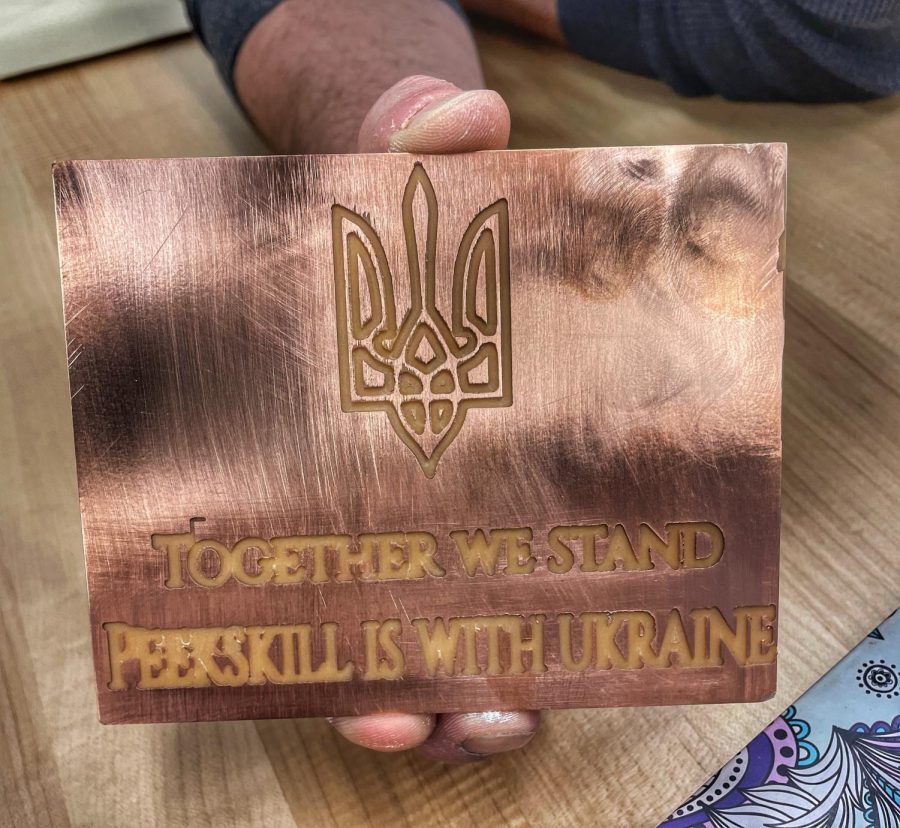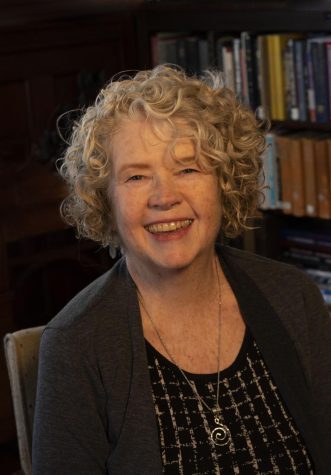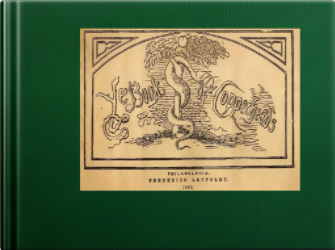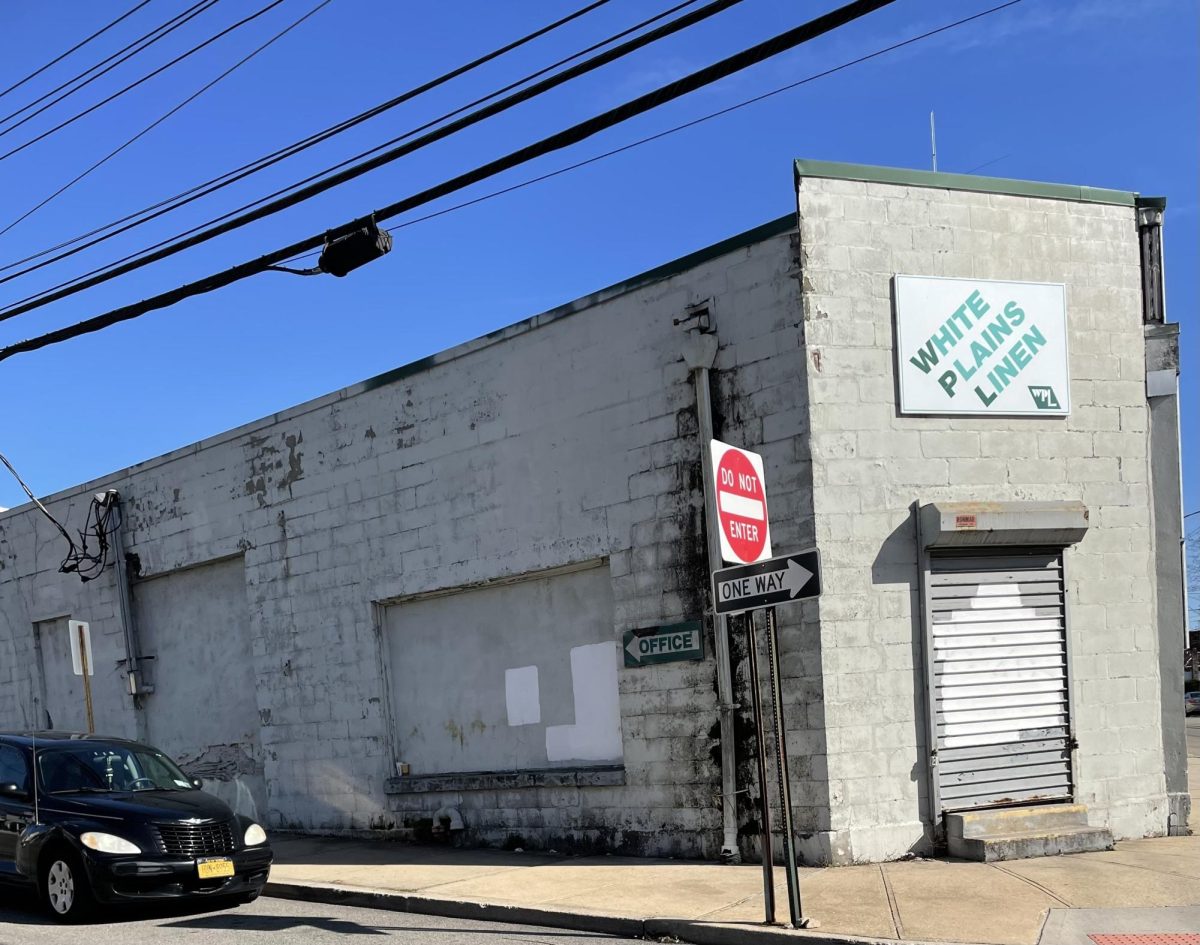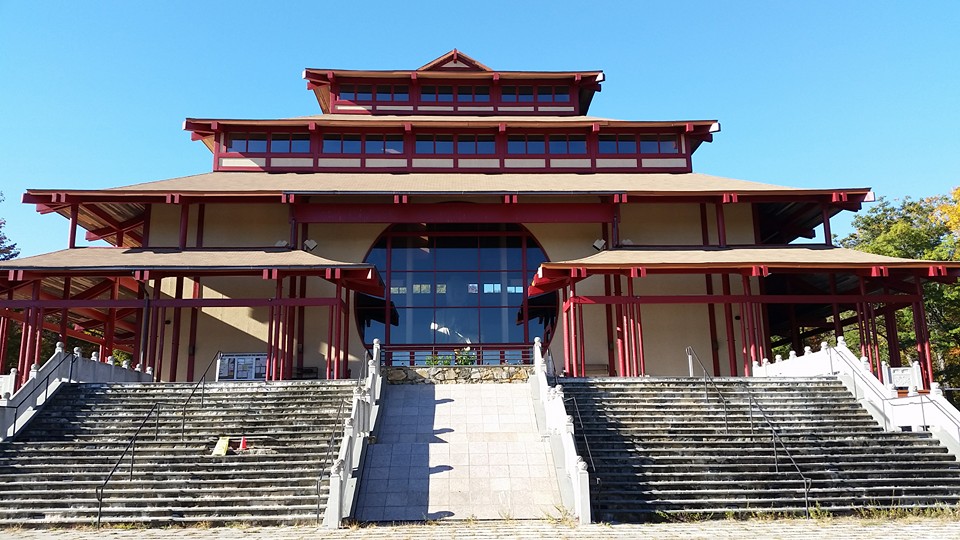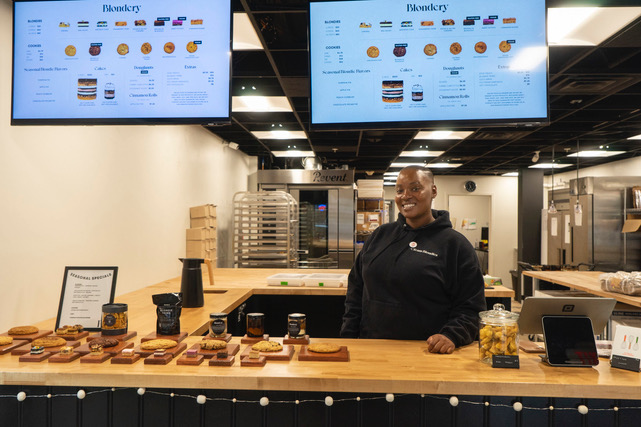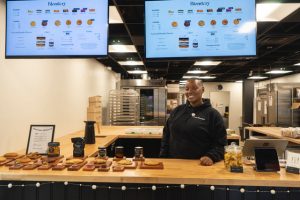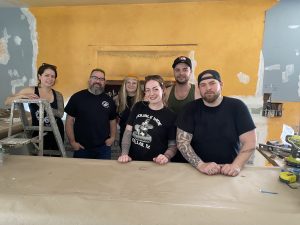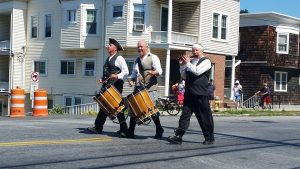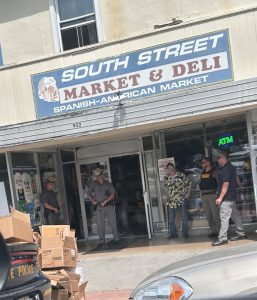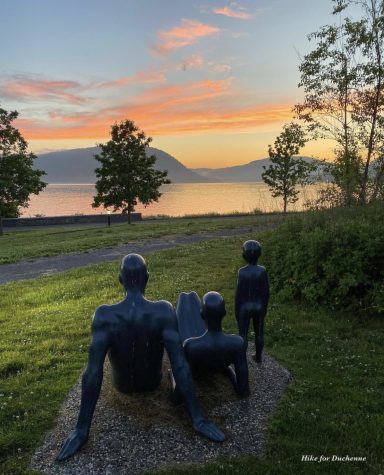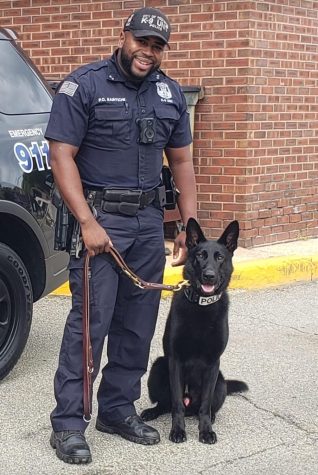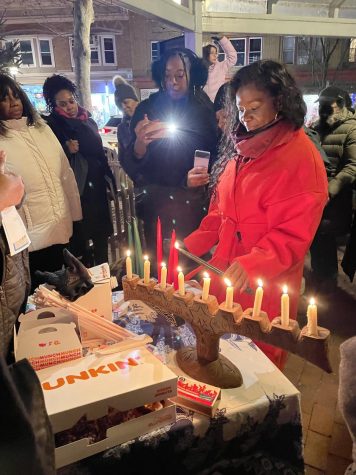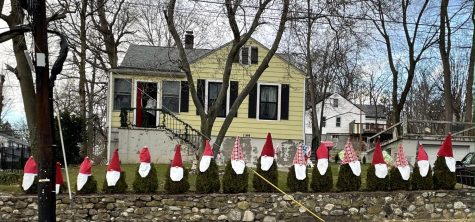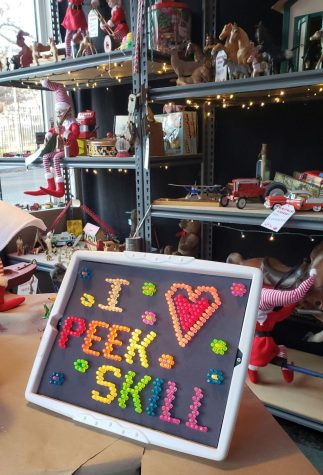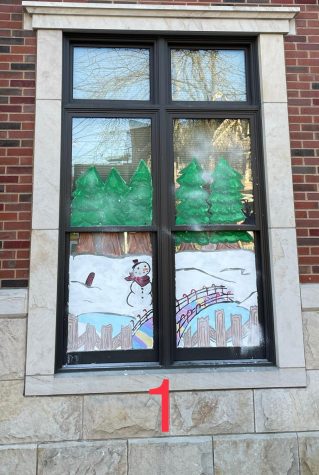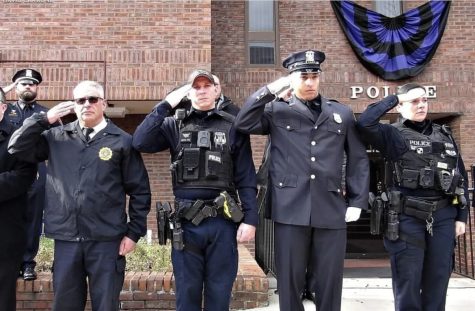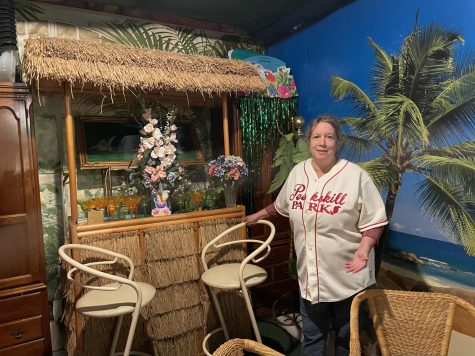Peekskill students sending positive energy to Ukraine
Robotics team built custom solar units to provide power for lighting and communications
April 29, 2022
Carlo Vidrini awoke at 3:30 am Thursday to call Polish bureaucrats at the start of their workday. The Peekskill High School robotics teacher was reaching out to the Polish officials in the hopes of learning information about customs regulations for the 28 solar panels his robotics students built for the people of Ukraine. Vidrini has a Polish airline lined up to transport the devices, but needs specifics about how the energy generating kits will get through Poland to the people in Ukraine that need them.
“In the beginning of the conflict in Ukraine when the power plants were being attacked, we had a discussion in class and came up with the idea to send solar panels over to Ukraine,” said Vidrini.
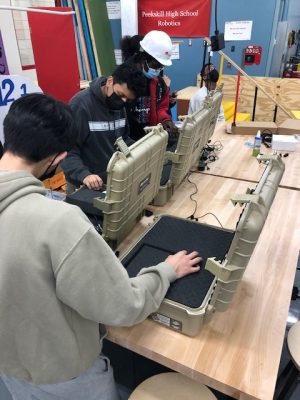
After a few class periods of going over logistics to get them shipped into the Eastern European war zone, Vidrini explained that the funding for the project had to come from private donations. “He asked us to write a letter to the Peekskill Rotary Club to request funding for this project,” said student Jeffrey Merchan.
“In our robotics class, every student strives in different areas. Some of my classmates are hands-on builders while others are computer geniuses. I was asked to go over the final proposal for the Rotary Club because Mr. Vidrini knew writing was my specialty. This proposal letter in every way showcased how me and all my classmates felt about the Ukraine-Russian War – fear, anxiety, sadness, and hope. We knew that our efforts wouldn’t save an entire nation but rather we hope to show the people of Ukraine that they’re not alone and give them a glimpse of normality that was stripped by Vladmir Putin and his army,” said Merchan.
The letter explained: “There is an abundance of flexibility within this solar charging kit, it can be used for much more than just lighting a lightbulb. For us this is important because just thinking about war makes us scared…Although our efforts will not be able to change the world, at least some families will be able to use our source of energy to maintain contact with their surroundings, if need be.”
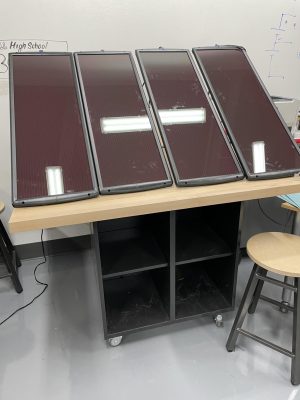
One aspect of logistics that acknowledged the awareness Peekskill students had of Ukrainians involved language. The instructions on how to use the solar panels were in English and needed to be translated into Ukrainian (using the Cyrillic alphabet).
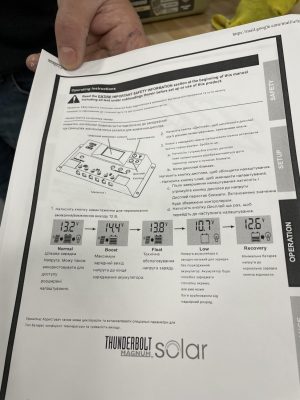
And through a connection Vidrini made with Ukraine Crossborder, a medical operations consortium, they were able to secure a ride in the cargo section of a plane operated by the Polish Airline Lot which will deliver the pallet.
Vidrini’s students have been working on this project since the beginning of March, and are learning real-world lessons about how bureaucratic red tape can slow down a project. That’s the reason Vidrini was making the pre-dawn phone calls. He is hesitant to transport the pallet to JFK airport without proper instructions on the paperwork that needs to accompany the crate.
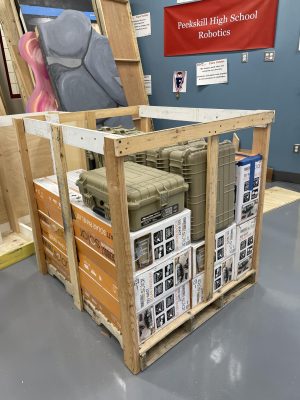
The 28 solar panels have a controller that will produce enough voltage to be able to charge a mobile device, power two LED Lamps and provide 12 volts to power a CB radio. They specifically chose to use LED lamps in the kits to be able to provide the users with a longer lasting source of light. The portable units are housed in a military grade case, which the students had to research and purchase.
One unique addition to the panels and charging kits is a plaque the students made on the CNC milling machine in their lab letting the recipients know that Peekskill stands in solidarity with the Ukrainian recipients.
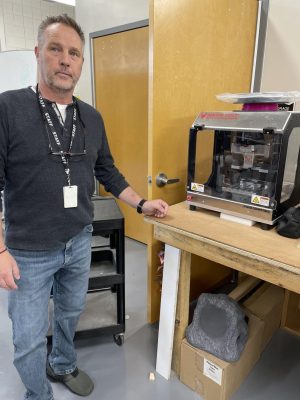
“Getting this solar panel project completed felt more like lending a hand to someone in need of support rather than school work. Vidrini showed me and my classmates that just because there are injustices happening across the world, we can still help. Vidrini showed us that we have the power to bring change,” said Merchan.



